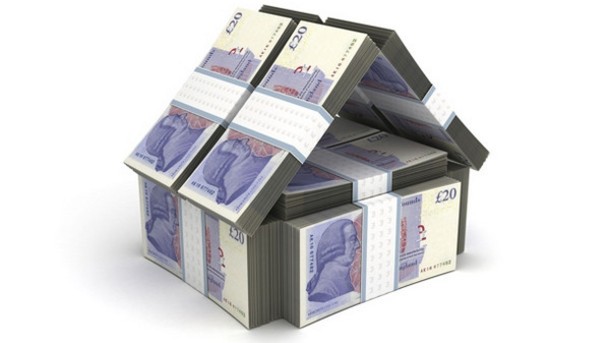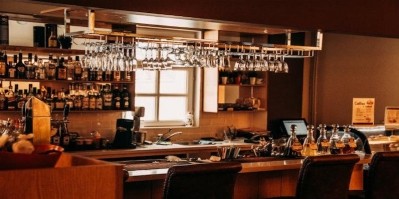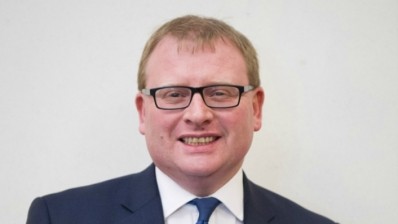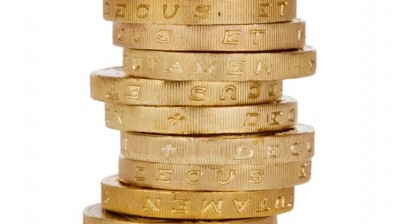Business rates
Business rates revaluations shock high-turnover and south-east pubs

Business rates revaluations have now been published and the nervous wait for licensees to discover their new rateable values, to be enforced in April 2017, is over.
The Valuation Office Agency has published new draft values, and the Government has revealed proposals of a new rates system. More than half (53%) of pubs are expected to see a decline in rates, while 8% will see no change, but an alarming 38% will see an increase. This equates to an overall increase of 0.2% of the total revenue raised in 2017/18.
Variations
The small overall increase masks big variations based on location and size, with pubs in London and the south-east seeing increases and all other regions witnessing decreases.
Central London’s pubs have been hit hardest by revaluation, with average increases of 36%, according to business rates specialist Gerald Eve. In addition, total pub rateable values have risen 14.6%, compared to 9.1% for all property classes.
Smaller pubs have seen reductions, with nearly 12,000 paying no rates at all due to the small business rates relief revealed by then Chancellor George Osborne in March, but larger pubs will see a significant increase.
The average increase for pubs with a rateable value in excess of £100,000 – principally larger and London pubs – is a first year rise of more than £10,000.
British Beer & Pub Association chief executive Brigid Simmonds said: “Pubs do need more help to reduce their bills and ways need to be found to avoid penalising those that have over-performed in recent years.”
Government consultation
An ongoing consultation into the changes explains that many ratepayers will see only a small change in their rates bill at the revaluation, but some properties will see a “more significant change – both increases and reductions”.
Association of Licensed Multiple Retailers chief executive Kate Nicholls labelled the changes “potentially disastrous”’. She said: “We are concerned that the proposals will still result in increased rates bills for businesses with eating and drinking-out venues still bearing a disproportionate burden.”
The ALMR’s chief concern is a proposed cap on increases of 5% only applying to the smallest businesses, with larger companies facing either a 35% or 45% increase limit.
Transitional arrangements
Transitional arrangements will allow pubs time to adjust to their new rates bills but, to compensate, will also cap the reduction for businesses that see their rates fall. Larger properties whose values have fallen will see bills reduce by just 4.1% in the first year.
Under the Government’s preferred arrangements, any rises facing large properties are limited’ to 45%, compared to a maximum of 12.5% under the current scheme.
Business rates consultants Gerald Eve labelled the arrangements “controversial”.
Larger properties are defined as those with a rateable value over £100,000, and Gerald Eve’s analysis suggests around 10% of all pubs will fall into this category – facing either slower-than-expected phasing in of reductions, or quicker-than-anticipated introduction of large rises.
Partner Andrew Buxton said: “The last revaluation – based on values in April 2008, pre-recession and in a very different economic climate – came into effect in 2010 which, combined with the postponement of the 2015 revaluation, means that the most-struggling pubs will have been waiting seven years to see falls in their bills.
“However, the transitional arrangements mean that rather than receiving the reductions straight away, bills will reduce by only 4.1% next year for larger properties and they will have to wait up five years to feel the full benefit, which for many will be far too late. Conversely, those facing the biggest increases will have them ‘limited’ to 45% in the first year rather than the current 12.5%.”
Viewpoint: Andrew Buxton, partner and pub business rates specialist, Gerald Eve
“These huge increases for London pubs put into sharp focus the differing fortunes of the licensed trade across the country. Those seeing massive increases have just six months to work out how they will meet their new obligations, with an obvious potential impact on jobs and closures.
“For those pubs seeing big decreases, the new valuations illustrate just how out-of-touch from reality recent rates bills have been for those struggling the most, with pubs in the worst-performing areas subsidising their better off counterparts for some time. These operators should have benefitted from lower bills 18 months ago, but the unfair postponement of the 2015 revaluation elongated their pain for a further two years, and they have every right to question the suitability of a system that has penalized them in this way.
“The fact that pubs will see an overall increase in its business rates bills is yet another blow to a sector that has had to shoulder more than its fair share of burdens in recent years. The problem will be most acutely felt in London, where business rates increases could combine with high residential prices to make the conversion of pubs into homes an increasingly attractive proposition. On top of living wage cost inflation this is in effect a Government ‘double whammy’, which I fear will lead inexorably to pub closures.”
‘I’m finished now and moving out’
Mark Johnson, who took over the Old Red House in Workington, Cumbria, in February this year, said business rates hikes have forced him to close the pub.
He’s been in a dispute with the Valuation Office Agency for six months, as his rates are based on 2010 trading figures which he estimated were 75% higher than his current turnover.
“Optimistically I thought they could give me a 40% reduction, and in a pessimistic mind I thought maybe a 10% reduction as a token gesture. When I found out it would be the same, I thought, well, that’s it, I’m finished.”
Johnson explained that he may have to wait 12 months for a resolution if he was to dispute the rate, but by then he would be bankrupt. “I’ve ploughed in £30,000 of my own savings and lost it all in just seven months,” he said.
“We can’t afford it now, it’s totally unfair that those figures are based on 2010. Supermarkets now hold the market share around here. I’m finished now and moving out in November, and I know at least five others around here who have had enough and are packing it in.”
‘This will probably put me out of business’
Andy Cockram, a tied tenant with Star Pubs & Bars who runs pubs on The Wirral, Merseyside, was shocked when he checked the Valuation Office Agency’s website, and found his draft proposal is a rate of £88,000, up from his current rate of £22,750.
“Yes we had a good couple of years but that increase is just not affordable,” he said. “Being tied, profit margins are not great. This increase will probably put me out of business when it reaches its peak in a few years’ time. Another great day for the pub business!”
‘I think I may go out of business’
Linda Arthur, director of Croydon-based New Media Bars, said the changes could force her out of business. Arthur explained that her company had to put up its retail prices year after year in order to accommodate alcohol duty, labour costs and energy price increases.
“We are now at risk of our business rates being increased due to the improved turnover figures that these increases have produced, irrespective of whether or not there has been an increase in profit,” she said.
“I think I may go out of business when the rates increase, which under the current system of valuation they will, even though my profit is next
to nothing.
“I fail to understand why pubs and bars are evaluated for business rates based on turnover.”






